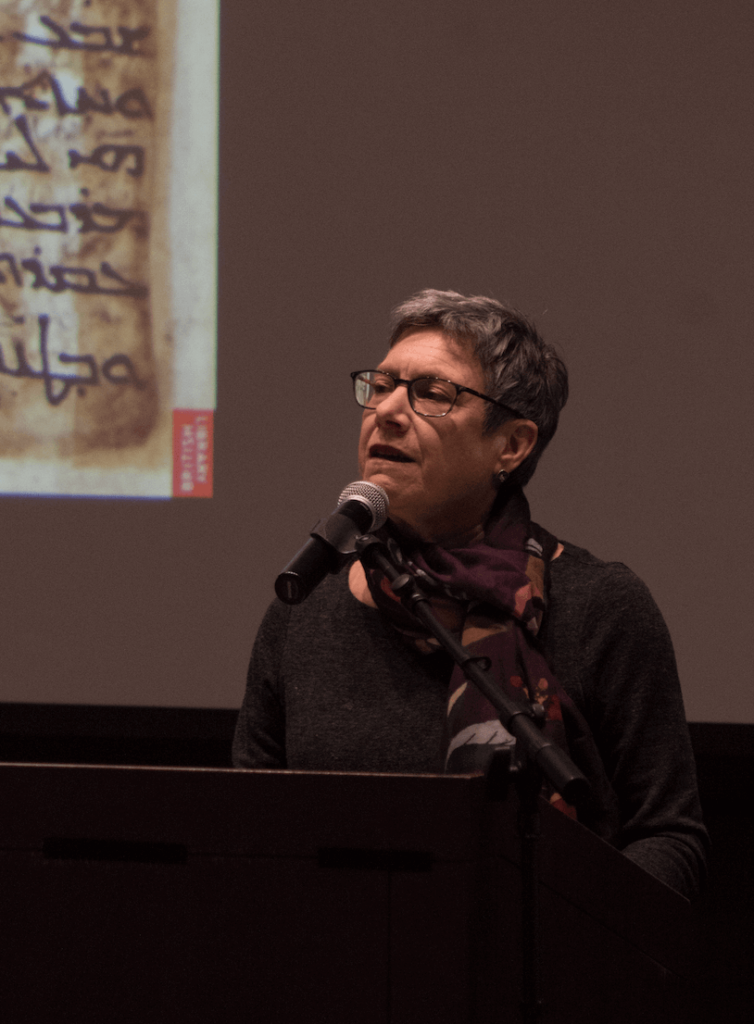by The Cowl Editor on February 7, 2019
On-Campus
by Catherine Goldberg ’20 A&E Staff
This past Friday, February 1, the Humanities Forum hosted Dr. Susan Ashbrook Harvey, Royce Family professor of teaching excellence and the Willard Prescott and Annie McClelland Smith professor of history and religion of Brown University. Dr. Harvey presented a lecture entitled “Voices of the Liturgy: Models from Ancient Syriac Christianity.”

Harvey specializes in late antique and Byzantine Christianity, with Syriac studies as her core focus. She has published on a wide variety of topics such as asceticism, hagiography, women and gender, hymnography, homiletics, and piety in late antique Christianity.
For the Humanities Forum, Harvey looked specifically at the role of Syriac women in the early Church, particularly regarding their singing in the liturgy. Although seemingly mundane, the ability of women to participate in the liturgy was revolutionary in such a long-established patriarchal institution. Although the ordained order of deaconesses vanished in the early Byzantine Church, some women continued to play a role as matrons who helped to keep order within the Church. Harvey spoke about how women generally were not allowed to be involved in organizing the liturgy; but on the other hand, consecrated virgins were allowed to take part in the choir.
Upon further inspection and historical evidence, Harvey discovered that women both sang in church choirs and made up the main Syriac choir. She explained how men’s choirs were the western tradition, while women’s choirs were part of the Syriac tradition.
Harvey pointed out that women were initially supposed to be involved in the Church since its beginning; however, heresy and the male-dominated environment disrupted this intention.
The Church teaches that authority has been bestowed upon women by God in many instances, specifically, and most powerfully, revealed through the Virgin Mary. Harvey emphasized, “Because a virgin conceived Christ, virgins may sing.”
The virgin women’s choir of the Ancient Syriac tradition attests to a broader, more richly textured body of people, which we see in churches today. Harvey described the Church as a “mosaic” where both men and women play an equal role. The nature of the Church is meant to be complementary, not hierarchical. Each person, both man and woman, is needed, and every voice in a song is to be valued.